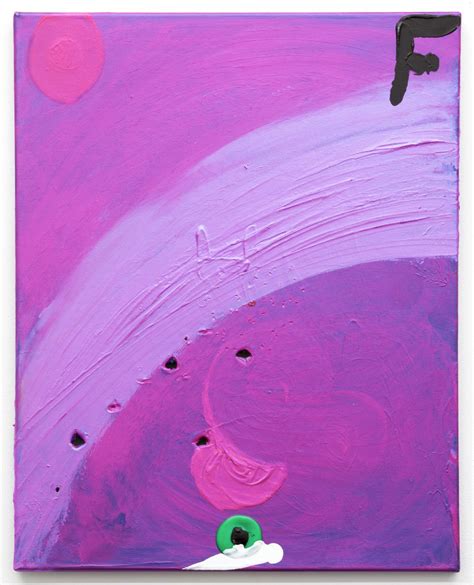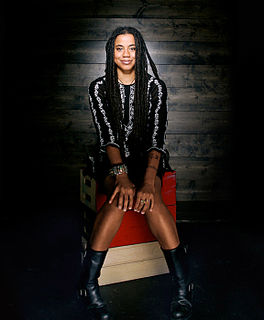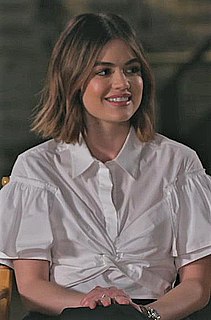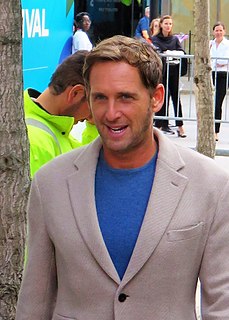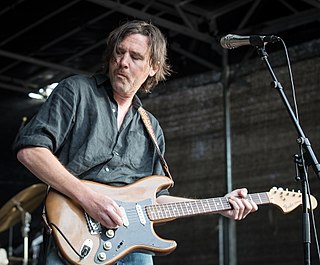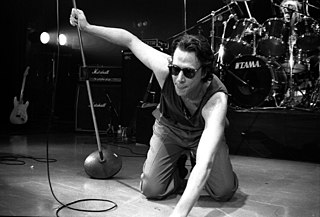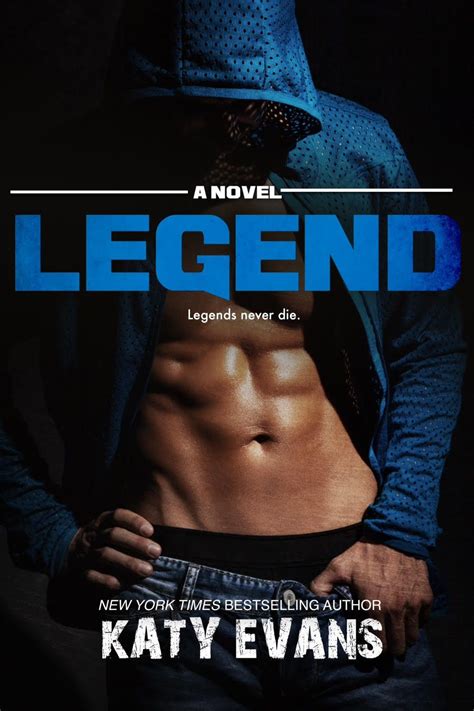A Quote by Sue Tompkins
The way I perform or the setup is always same - just me and a microphone and the text - and they usually have some relation of how physical that stack becomes. When I'm editing it together, the density of the papers is an indicator to be like, "You need to stop."
Related Quotes
It is possible to make buildings by stringing together patterns, in a rather loose way. A building made like this, is an assembly of patterns. It is not dense. It is not profound. But it is also possible to put patterns together in such a way that many patterns overlap in the same physical space: the building is very dense; it has many meanings captured in a small space; and through this density, it becomes profound.
With Orff it is text, text, text - the music always subordinate. Not so with me. In 'Magnificat,' the text is important, but in some places I'm writing just music and not caring about text. Sometimes I'm using extremely complicated polyphony where the text is completely buried. So no, I am not another Orff, and I'm not primitive.
I love my lecture tours. I get up onstage. I have my stack of books and a glass of water and a microphone. No podium, no distance between me and the audience, and I just talk to people and get all excited and tell a lot of jokes, and sing some songs, and read from my work and remind people how powerful they are and how beautiful they are.
I imagined Kandinsky's mind, spread out all over the world, and then gathered together. Everyone having only a piece of the puzzle. Only in a show like this could you see the complete picture, stack the pieces up, hold them to the light, see how it all fit together. It made me hopeful, like someday my life would make sense too, if I could just hold all the pieces together at the same time.
I overanalyze things way too much, to the point where it affects my life. Like, when I'm talking to a boy, I'll overanalyze a text message he sent. And I have to think to myself, 'Just chill out. Some guy sent me a text message. That's all. Don't read something into it that's not there. Just be glad he sent you a text message!'
I know for myself my big, long friendships they don't have the same problems any more, but they also-when you get together you often times just have a drink and watch football together. You're not really talking about everything so much the same way. You just need to be around each other, and yet you can look at each other and so much is said just between those minutiae- it's totally subtle is really what it is. I felt like that, you know, a life that's been so totally dramatic then becomes beauty in the fact that it's just so small.
I kept saying, "Stop me now. It's going to my head." I got some photos. Really, I did! It's not my noblest sexual self in these moments, but I want to have fun. I want to undress. I get off my leash to go out and perform. Some other writers are just discomforted by the way I behave in public. Because they're loath to perform.
Sometimes when you meet stars, on one hand you're like, "You're who I'm inspired by, you're who I look up to." On the other hand you're like, "I wanna be in the same kind of shoes that you're in." That's how I've always seen myself. Some of me is star-struck, some of me feels like I'm looking at a peer. They're another person who sees the world the same way I do, who already did it. It's inspiring.
If you take text and image and you put them together, the multiple readings that are possible in either poetry or in something visual are reduced to one specific reading. By putting the two together, you limit the possibilities. Text and image don't always work together in the way music and song lyrics become part of each other.
You think you need me, little firecracker?” The gruff question travels all the way through me, and I have to press my thighs together to stop the tremor in me. “Baby, the way you need me can only barely cover half of the way I need you.” The unexpected sadness in his voice yanks my gaze back to his.
